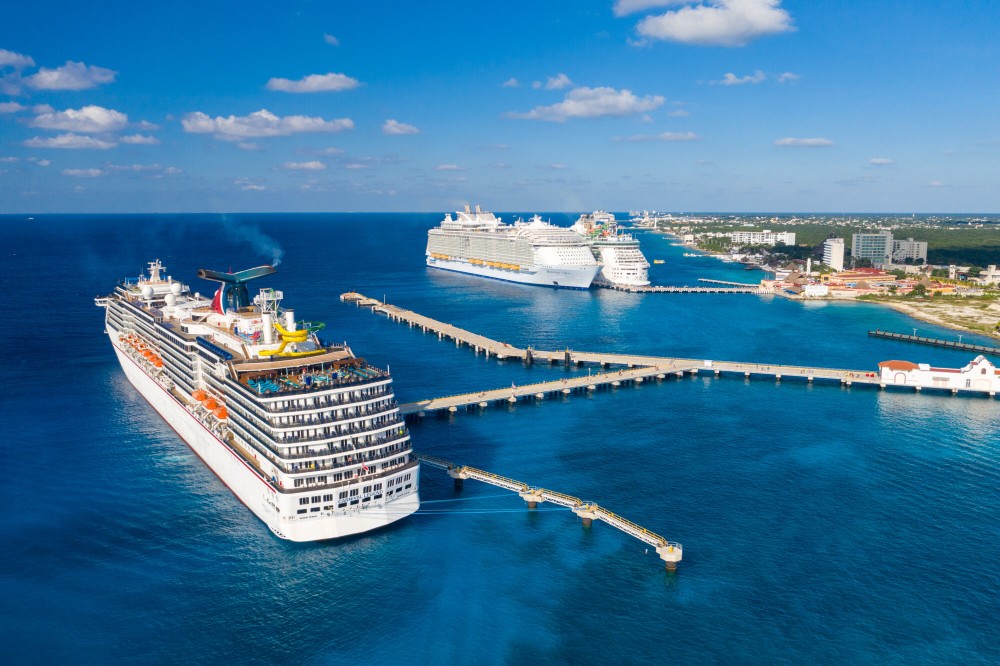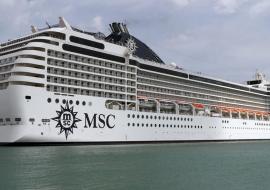Cruise Industry, Mexico Reach Agreement on Gradual Passenger Fee Increase

The cruise industry and the Mexican government have reached a deal that will introduce a gradual per-passenger fee for cruise travelers visiting the country, starting July 1, 2025. Under the new agreement, a $5 fee will be implemented initially and will increase over the next three years until it reaches $21 per person.
This new fee structure replaces a previously proposed $42 charge announced in late 2024, which surprised cruise lines and triggered backlash. That initial proposal would have made visiting Mexican cruise ports more than 213% more expensive than the average Caribbean port, sparking months of negotiations between industry stakeholders.
The agreement was first reported by Cruise Week and later confirmed by Seatrade Cruise News, following extensive talks coordinated through the Florida-Caribbean Cruise Association (FCCA). The revised structure is seen as a compromise that balances Mexico’s goals of increasing tourism revenue with the cruise industry's concerns about affordability and competitiveness.
According to the timeline, the $5 fee will remain in place for 13 months, after which it will rise to $10 per passenger on August 1, 2026. A third increase will bring the fee to $15 on July 1, 2027, and the final step will raise it to $21 per person on August 1, 2028.
Industry insiders note that this gradual approach provides cruise lines with time to adjust pricing and operations, while giving Mexico a clearer path to long-term revenue growth from one of its most important tourism sectors.
The fee will apply to all cruise passengers visiting Mexican ports, including popular destinations like Cozumel, Puerto Vallarta, and Cabo San Lucas. These ports welcome millions of travelers annually, making Mexico one of the most visited cruise destinations in the Western Hemisphere.
Cruise lines have not yet announced whether the additional cost will be passed on to passengers directly or absorbed into broader ticket pricing strategies. However, they expressed appreciation for the structured rollout, which allows for better planning and itinerary management.














